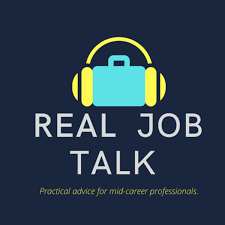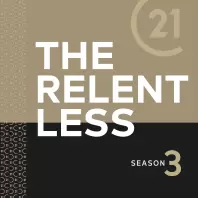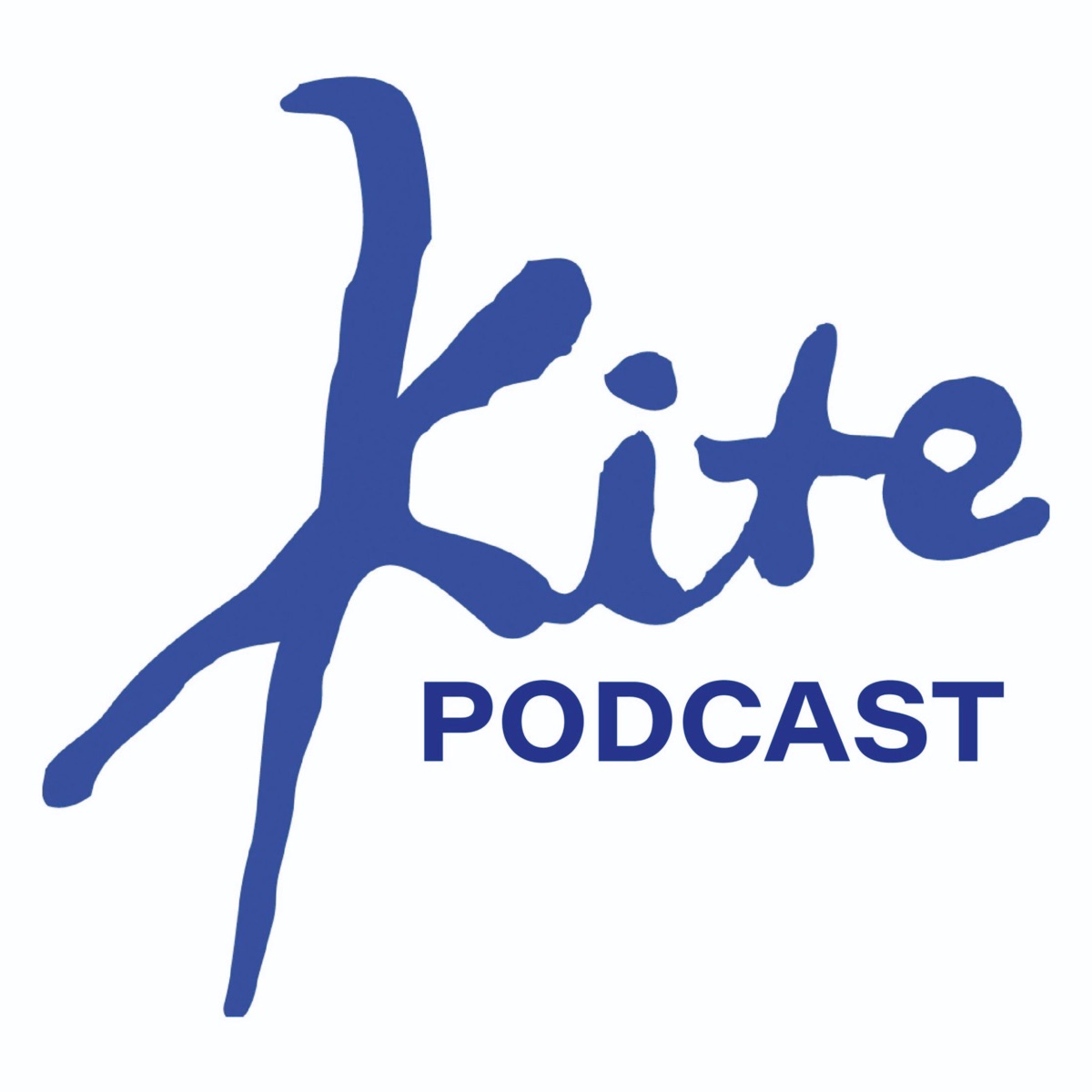
Real Job Talk

Basic Member
Ownership Verification Center
And, schedule a video verification call with us. Don't worry it takes a few minutes only :)
Latest Episodes

Episode 103: ADHD and neurodivergence at work with Skye Waterson

Episode 102: Managing in a time of political division with Leanne Elliott

Episode 101: Leaving a Company - Employee Experience Series, Part 4

Episode 100: Day to Day Life as an Employee: Employee Experience Series, Part 3

Episode 99: Onboarding - Employee Experience Series, Part 2

Episode 98: The Recruiting Process - Employee Experience Series, Part 1

Episode 97: Difficult Conversations at Work - guest episode with the Truth, Lies & Work podcast

Episode 96: All is Good, But I’m Restless - Listener Question

Episode 95: Red Flags in the Job Search Process
Bio of Real Job Talk
"Real Job Talk" podcast hosted by Liz Bronson and Kathleen Nelson Troyer, seasoned HR, and recruiting consultants. The show aims to provide practical advice, solutions, and support to help listeners navigate their careers and overcome challenges they may face in the workplace.
Liz and Kat tackle a wide range of topics related to the work environment, career development, and professional growth. They dive into subjects that often leave individuals scratching their heads or feeling uncertain, offering insights and strategies to help listeners navigate these situations. The podcast goes beyond the standard employee manual, providing real talk and actionable guidance.
The hosts address common workplace dilemmas, provide advice on career advancement, and offer solutions to sticky situations that professionals may encounter. They create a safe space for open discussion, ensuring that nothing is off-limits. Listeners can expect to gain valuable insights, learn from interesting guests, and explore timely topics relevant to their career journeys.
Similar Podcasts
Startups and Unicorns with Belinda Agnew's podcast discover how to stand out to those who matter most to your business.
The "Leadership Loading Podcast" is hosted by Jason McClaren.
The Relentless: Moving Fearlessly to Success podcast, hosted by Kristen Meinzer.
Kite Consulting podcast is designed for the farmer to retailer, they talk about the food supply chain.
No Such Thing: Education in the Digital Age is a thought-provoking podcast hosted by Marc Lesser.








